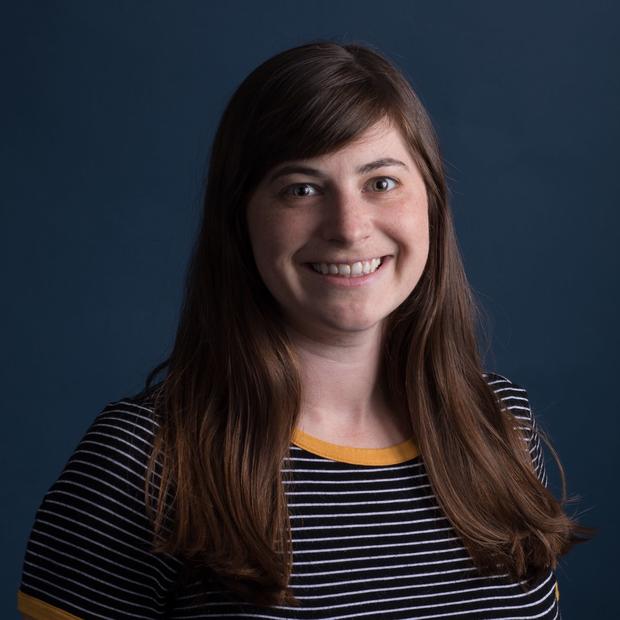Today he is responsible for maintaining the delicate balance of local salmon fisheries. However, to Addaei it’s more than numbers and economics. He spends his days on the water with commercial and tribal fishermen, hearing their stories and trying to understand how he can leverage data to make sure everyone gets food on the dinner table — including southern resident killer whales.
Addae’s passion for the work has less to do with the fish species themselves, and more about the communities that rely on them.
“An animal is a wild animal until it's a resource,” Addaei said. “And it's a resource because humans utilize it, you know. We eat the fish we're in the business of people management…. Who am I to say that someone's cultural value is more than someone else's?”
Along with tracking catch data, Addae takes time to get to know the many of the fishermen on the waters. Understanding the people’s cultures and stories is key to his job, he said.
“I can't do my job well if I don't have a good, healthy understanding and an honest respect of that,” Addae said. “The people side of it comes from knowing how much, even if the opinions are different, that person really, really is passionate about their reason to fish, or their reason to sell the fish are their reason to consume the fish.”



